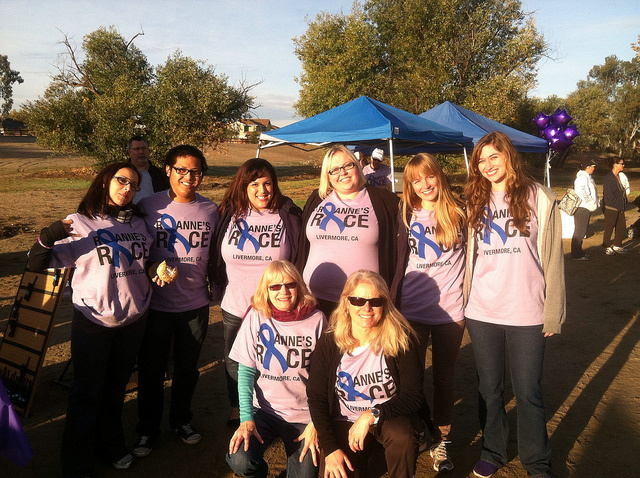In 1991, I got the soundtrack for Disney's Beauty & the Beast on cassette tape before I had even seen the movie. What I heard on that tape was epic. The opening number "Belle" in particular blew my mind completely with its layered vocals and bright melody. When I finally saw the movie at the theater, I remember getting so excited that "Belle" was beginning that I shouted out "Bonjour! Bonjour!" right along with the 2-D French people on the screen. My mom and sisters had to shush me and tell me that it was not polite to blurt out the words. My love for this film was further solidified when the VHS came out on October 30th the following year, and I opted to skip trick-or-treating just so I could watch Belle, Beast, Gaston, et al three times in a row on Halloween.
I couldn't have told you then what it was about the score for Beauty & the Beast that I was so taken by. I know now, though, that it was a combination of lyricist Howard Ashman's fantastic use of the English language, and composer Alan Menken's uncanny ability to make melodies that whisk you away into the story. Ashman, unfortunately, was taken from the world way too soon. But Menken continued on to create the memorable scores for Aladdin, Pocahontas, The Hunchback of Notre Dame, and Hercules. Each new Menken-Disney project offered musical compositions that were unique from those of previous films (compare Pocahontas to Hercules , for example). And yet, they all brought the storytelling power that came to be expected of 90's Disney films. This is why, even as a kid, I was sorely disappointed with the music in The Lion King. This is not to harp on Elton John's amazing pop sensibilities. But there's just something about a Menken melody that grabs you and says "Listen! Something very important to the story is being sung here!"
Why do Menken's melodies work so well? Two answers. First, I think it's because he knows when to surprise us. Take my favorite Menken tune "Out There" from Hunchback. The structure is pretty standard for an "I want..." ballad. There isn't anything particularly tricky about the meter or structure or form. But the main melody of the chorus starts off with a descending minor 7th. For those who are less musically inclined, all you need to know is that a descending minor 7th is very rare in songs. Menken harmonizes it so well that you don't realize it's so different, but the subconscious impact remains. This big jump in the melody sounds fresh and expansive, and gives the song its particular character.
Second, Menken's not afraid to keep things simple. The song "Beauty & the Beast" is essentially a series of varying five-note patterns, some of which are overtly scales going up or down (think "Barely even friends / Then somebody bends"). But he chooses his five notes carefully each time, and the little surprises that arise give the song its emotion (think of the difference between "Tale as old as time" and "Song as old as rhyme." Rhyme is the surprise note.) What I also think is so compelling about the song, is that it never overstates itself. Even the climax happens right in the middle, rather than towards the end, where many Broadway numbers like to build. The music stays simple, and doesn't let itself get in its own way. It allows the audience to just take in what's happening - Belle and Beast are falling in love.
While I am forever indebted to Mr. Menken for his musical influence in my life, I will probably never be able to capture the exact quality of a Menken melody. I'll be happy if my songs have a sort of "Min-ken" quality about them. And maybe someday, a parent will have to shush their kid in the audience of one of my shows because the little one just couldn't help but sing along.






